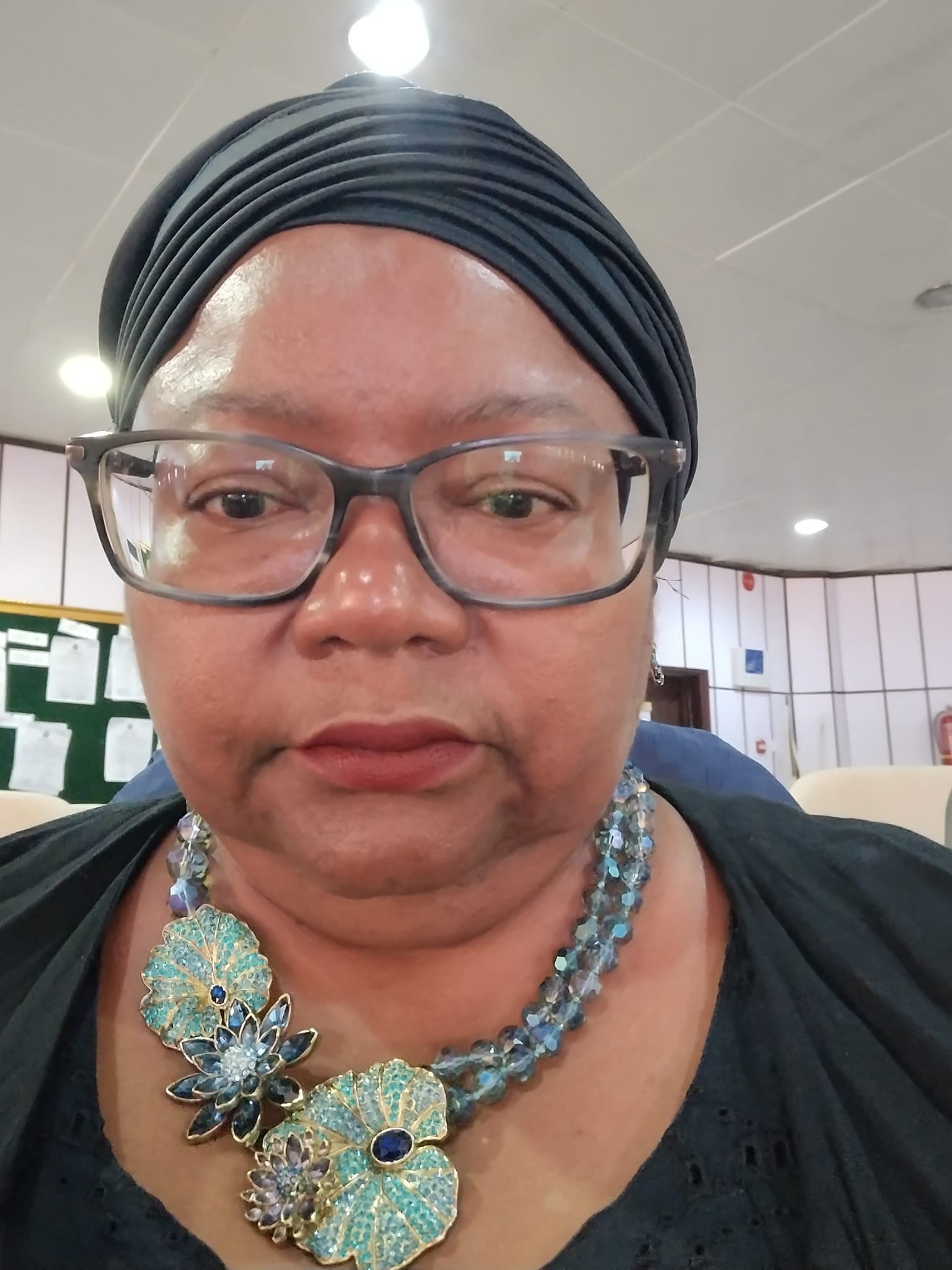SomberTuesday! There are ongoing disputations on the results of the elections, particularly the Presidential contest. The lawsuits brought by the PDP’s Atiku Abubakar, and the Labour Party’s Peter Obi are ongoing. There are also contestations on the nature of politics and Nigeria’s burgeoning democracy. There are justifiable critiques of INEC, the election management body for botching the process so badly that the integrity of the elections are in doubt.
There are also well-deserved critiques of the excesses of ethnic jingoists who bandy around hate speech that target people perceived as undeserving of the full rights of citizenship. There are also puzzling critiques that almost seem to forbid dissent and disappointment with the way the elections were mismanaged. Nigeria is definitely democratizing but there are numerous challenges that stand in the way of deepening democracy. This election has become one more challenge.
Nigerians are still coping with currency scarcity. It continues, with no seeming end in sight. Nigeria’s economy is in decline and life is hard for most, complicated by the absurdities of a cashless economy that makes life much too difficult, particularly for the masses. Nigeria’s youths, approximately 70% of the population, remain frustrated and angry about the country’s political, economic, and social shortcomings. A patriarchal oligarchic gerontocracy is determined to hold on to power, threatening the achievement of genuine democracy.
Personal and human insecurity remain. Political institutions are weak, infrastructure remains woefully inadequate, unemployment and underemployment are unbearably high. Decent jobs are elusive dreams for most Nigerians, and social safety nets are unavailable to most.
Yet, Nigerians desire democracy and economic development, personal and human security. They want a country that cares about its citizens. They want better lives and the ability to meet their basic needs as well as hope for a brighter future. #EndSARS youth protesters were active participants in the elections. But their demand for good governance, an end to police brutality, extortion, impunity, economic inequality, marginalization, targeting of youths and other minorities, and cessation of political violence remain unfulfilled.
Two years after the Lekki massacre, Nigeria must never forget that brutal assaults on peacefully demonstrating youths at #LekkiTollGate & other locations subvert democracy. Ethnic jingoism and hate speech are unacceptable. Collectively working at achieving both democracy and development is imperative if Nigeria is to reach its full potential.
NigerianWomenArise #EndPoliceBrutalityinNigeriaNOW #EndSars #EndSWAT #EndImpunity.
I once again underline the relevance of Howard Zinn’s statement about building Nigerian democracy: “Civil disobedience, that’s not our problem. Our problem is that people are obedient all over the world in the face of poverty and starvation and stupidity, war, and cruelty. Our problem is that people are obedient while the jails are full of petty thieves, and all the while, the grand thieves are running the country. That’s our problem.”
Like the voice in the wilderness, I say once again: Let the kleptocrats give back our stolen wealth so that we can fix our infrastructure, schools, hospitals, and also offer worthwhile social protection to our people. Let the masses enjoy the full benefits of citizenship in Nigeria. Let the leaders and political class repent and build peace with justice.
This is no time for politics as usual. The people elected should be those trusted to bring justice, equity and human security to the entire country, not expedient, unethical and egocentric individuals determined to dominate for self aggrandizement or sectional gain. We don’t need oligarchs’ continued domination. We also need a government that puts the interests of majority of citizens first.
https://youtu.be/5iTC215xpX8
Prof. Mojúbàolú Olufúnké Okome is a professor of political science at Brooklyn College in New York.





